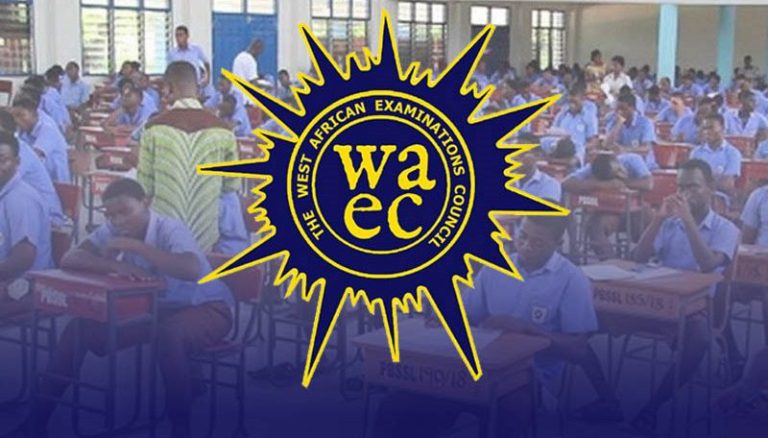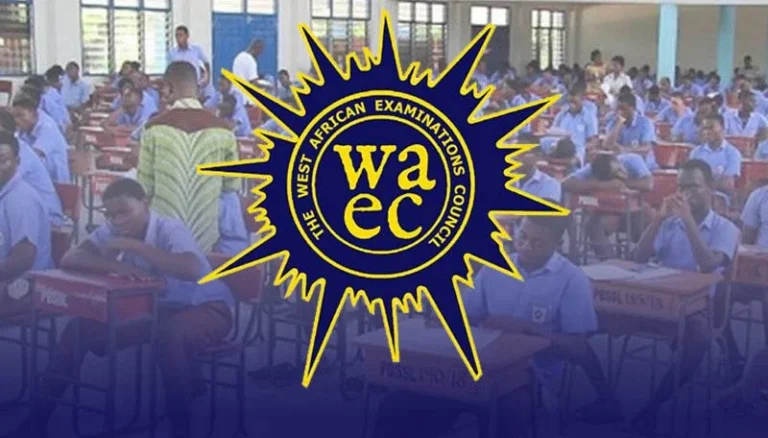
WAEC Syllabus for Civic Education 2025/2026 PDF Download: If you are preparing for the West African Senior School Certificate Examination (WASSCE) in 2025 or 2026, you might be wondering what topics you need to study for the Civic Education paper. Civic Education is a compulsory subject that aims to equip you with the knowledge, skills, and values to be a responsible citizen in a democratic society. In this blog post, I will share with you the WAEC syllabus for Civic Education, the examination scheme, and some tips on how to ace the exam.
WAEC Syllabus for Civic Education 2025/2026
The WAEC syllabus for Civic Education is divided into three sections: Section A, Section B, and Section C. Each section covers a different aspect of the subject and contains three questions. You will be required to answer four questions in the exam, choosing at least one from each section. The syllabus is based on the following aims and objectives:
- To understand the importance of citizenship in society
- To explain the structure, functions, and responsibilities of government to the people
- To know emerging issues in society
- To understand the rights, duties, and obligations of citizens to government and society
- To appreciate democratic values and strive to uphold them
The syllabus also provides some recommended textbooks and authors that you can use to study the topics. Here is a summary of the syllabus for each section:
Section A: National Ethics, Discipline, Rights, and Obligations
This section covers the following topics:
- Values: definition, types, and importance of values to society
- Citizenship and Nationalism: meaning, goals, duties, and obligations of citizenship and citizenship education; meaning and ways of promoting nationalism and national unity; identification of local and world civic problems
- Human Rights: meaning, categories, characteristics, and historical background of human rights; meaning and identification of the seven core freedoms of the Universal Declaration of Human Rights (UDHR); importance, roles, and limitations of human rights
- Law and Order: definition, features, and importance of law and order in society; meaning and types of constituted authority; importance and roles of constituted authority
- Responsible Parenthood: meaning, roles, and importance of responsible parenthood in national development
- Traffic Regulations: meaning and importance of traffic regulations in society; roles of individuals and government in maintaining traffic regulations
- Inter-Personal Relationships: meaning and importance of inter-personal relationships in society; types and characteristics of inter-personal relationships; factors that influence inter-personal relationships; ways of improving inter-personal relationships
Section B: Emerging Issues in Society
This section covers the following topics:
- Cultism: meaning, causes, effects, and solutions to cultism in society
- Drugs and Drug Abuse: meaning, types, causes, effects, and solutions to drug abuse in society
- Human Trafficking: meaning, causes, effects, and solutions to human trafficking in society
- HIV/AIDS: meaning, causes, modes of transmission, effects, and prevention of HIV/AIDS in society
- Youth Empowerment: meaning, importance, and challenges of youth empowerment in society; types and sources of youth empowerment; roles of individuals, groups, and government in youth empowerment
Section C: Governmental System and Processes
This section covers the following topics:
- Democracy, Rule of Law, and National Development: meaning, features, and types of democracy; meaning and importance of rule of law in democracy; meaning and indicators of national development; factors that promote or hinder national development; roles of individuals, groups, and government in national development
- Political Apathy: meaning, causes, effects, and solutions to political apathy in society
- Civil Society and Population Participation: meaning and types of civil society; Meaning and importance of population participation in democracy; factors that enhance or inhibit population participation in democracy; roles of individuals, groups, and government in population participation
- Public Service in Democracy: meaning and types of public service; meaning and importance of public service in democracy; characteristics and challenges of public service in democracy; ways of improving public service in democracy
List of Topics in the WAEC Syllabus for Civic Education 2025/2026
SECTION A: NATIONAL ETHICS, DISCIPLINE, RIGHTS, AND OBLIGATIONS
- Values
- Citizenship and Nationalism
- Human Rights
- Law and Order
- Responsible Parenthood
- Traffic Regulations
- Inter-Personal Relationships
SECTION B: EMERGING ISSUES IN THE SOCIETY
- Cultism
- Drugs and Drug Abuse
- Human Trafficking
- HIV/AIDS
- Youth Empowerment
SECTION C: GOVERNMENTAL SYSTEM AND PROCESSES
- Structure and Functions of Government
- Political Apathy
- Democracy, Rule of Law, and National Development
- Civil Society and Popular Participation
- Public Service in Democracy
WAEC Syllabus for Civic Education 2025/2026 PDF Download
WAEC Examination Scheme 2025/2026
The examination scheme for Civic Education consists of two papers: Paper 1 and Paper 2. Both papers will be taken in one sitting and will last for three hours. Paper 1 is a multiple-choice test that contains 50 questions drawn from the entire syllabus. It will last for one hour and will carry 40 marks. Paper 2 is an essay-type test that contains nine questions divided into three sections. It will last for two hours and will carry 60 marks. You will be required to answer four questions, choosing at least one from each section. Each question will carry 15 marks.
Tips on How to Ace the WAEC Civic Education Exam 2025/2026
To score high marks in the Civic Education exam, you need to prepare well and follow some tips. Here are some of them:
- Study the syllabus thoroughly and cover all the topics
- Use the recommended textbooks and other relevant materials to deepen your understanding of the concepts
- Practice past questions and answers to familiarize yourself with the exam format and style
- Revise and review your notes and summaries regularly
- Attend classes and tutorials and participate actively in discussions and group work
- Seek clarification and guidance from your teachers and peers if you have any doubts or difficulties
- Manage your time well and plan your study schedule
- Avoid distractions and stay focused and motivated
- Read the questions carefully and understand what they are asking for
- Choose the questions that you are confident and comfortable with
- Answer the questions in a clear, concise, and coherent manner
- Use relevant examples and evidence to support your points
- Avoid repetition and irrelevance
- Check your grammar, spelling, and punctuation
- Review your answers and make necessary corrections
Conclusion
Civic Education is an important subject that helps you to become a responsible and active citizen in a democratic society. It also helps you to develop critical thinking, problem-solving, and communication skills that are useful for your academic and personal life. By following the WAEC syllabus for Civic Education, the examination scheme, and the tips provided in this blog post, you can prepare well and ace the exam. I wish you all the best in your WASSCE!
FAQs
Where can I download the WAEC syllabus for Civic Education PDF?
You can download the WAEC syllabus for Civic Education PDF from the official website of the West African Examination Council (WAEC) or from other reliable sources online.
How many questions are there in the Civic Education exam?
There are 50 questions in Paper 1 and nine questions in Paper 2. You will be required to answer four questions in Paper 2, choosing at least one from each section.
How many marks are there in the Civic Education exam?
There are 40 marks in Paper 1 and 60 marks in Paper 2. The total marks for the Civic Education exam are 100 marks.










